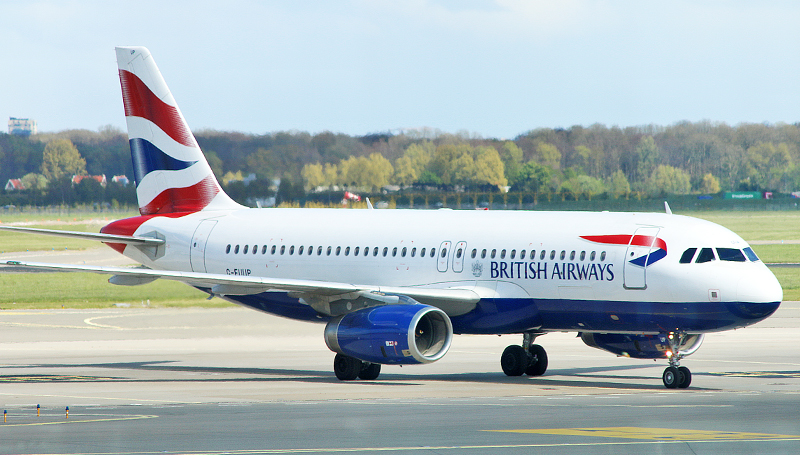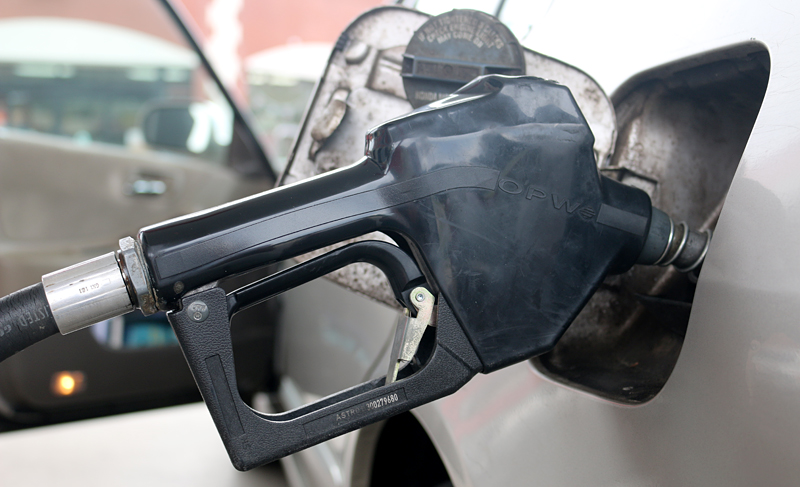Approximately 20 percent of all flights in Europe is estimated by researchers of a recent study to involve at least some element of a practice implemented by airlines which is known as fuel tankering, according to this document which was released in June of 2019 from the Aviation Intelligence Unit of Eurocontrol.
What is Fuel Tankering — and Why Is It Discouraged?

Fuel tankering is a practice with which an aircraft carries more fuel than required for its next flight — usually, fuel for the trip itself plus reserve fuel — in order to reduce or avoid refueling at the destination airport.
Reasons for an airline not wanting to refuel an airplane at the destination airport may include saving precious minutes of turnaround time of the aircraft to get it back in the air more quickly — but most likely, fuel tankering is implemented to avoid paying for fuel at the destination if that fuel is more expensive…
…but the additional fuel which is carried as a result of fuel tankering increases the weight of the aircraft and therefore increases its fuel consumption, resulting in additional annual greenhouse gas emissions of carbon dioxide into the air which can be equivalent to those of a large town with a population of as many as 100,000 people.

Even worse is the possibility that the practice is not always worth the cost savings. “Cost savings made on a single flight can be as small as just over £10 — though savings can run to hundreds of pounds”, according to this article written b for the British Broadcasting Corporation — or BBC, as the media company is more popularly known — pertaining to an investigation which exposed the implementation of fuel tankering by British Airways. “British Airways has launched a review into a money-saving practice which increases its greenhouse gas emissions.”
Even though the airline also uses the practice for safety and operational reasons, “BA now says that using tankering to cut costs ‘may be the wrong thing to do’.” Up to as much as six tonnes of extra fuel have been loaded onto airplanes, which resulted in the generation of “an extra 18,000 tonnes of carbon dioxide last year through fuel tankering”, according to the aforementioned article.
Summary

Although banning the use of plastic straws aboard airplanes may sound like an example of a great idea for ecological reasons, the practice of fuel tankering may counter the initiatives of airlines of voluntarily conserving for a greener environment…
…and if airlines in Europe engage in fuel tankering, would concluding that other airlines around the world may be engaging in similar practices be too far fetched?
Are more stringent regulations necessary to limit the emissions of airplanes if airlines indeed to place the importance of saving money over conservation measures to reduce pollution — especially when the practice of fuel tankering is involved?

Within the United States alone, prices for gasoline and diesel for motor vehicles can vary wildly from state to state; and motorists may top off their fuel tanks to avoid having to unnecessarily pay extra for gasoline where it is more expensive — which can be similar to fuel tankering and may likely be polluting the air with additional emissions as well. Given the millions of motor vehicles which are on the road at any given time, should stricter regulations be implemented for motor vehicles as well?
All photographs ©2015, ©2017, ©2018 and ©2019 by Brian Cohen.

